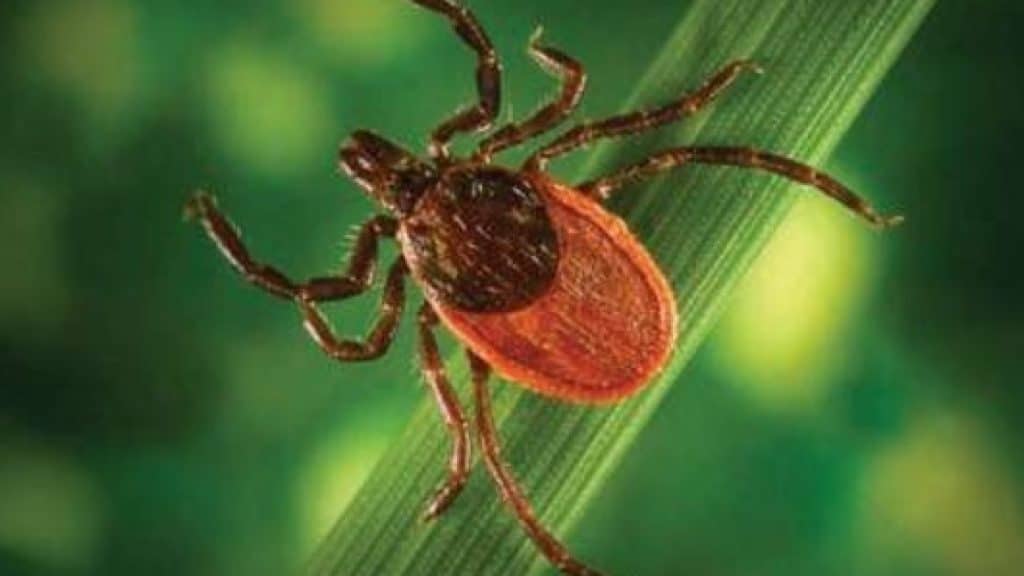
With over 22,000 reported cases of Lyme disease in New York in 2023, U.S. Senator Kirsten Gillibrand is calling on Congress to pass the Kay Hagan Tick Reauthorization Act, a bipartisan effort aimed at tackling the rising threat of tick-borne illnesses nationwide.
“Tick-borne illnesses are a growing threat in New York and across the country,” said Gillibrand during a virtual press conference on July 31, 2025. “We must do more to ensure that all Americans are protected.”
What the Kay Hagan Tick Reauthorization Act would do
The bill, introduced in the U.S. Senate on July 23, 2025 (S.2398), would:
- Require the Department of Health and Human Services (HHS) to maintain and update its National Public Health Strategy to combat vector-borne diseases
- Reauthorize the Regional Centers of Excellence in Vector-Borne Diseases through 2030
- Extend CDC grants to state health departments for improved data collection, diagnosis, treatment, and awareness campaigns
The legislation builds on the original Tick Act passed in 2019 and reflects the alarming growth of tick-related health issues, especially Lyme disease.
Lyme disease cases exploding across New York
According to state data, Lyme disease cases surged tenfold between 2020 and 2023—from 2,200 to over 22,000. Counties like Suffolk, Orange, and Westchester lead in infection rates, but urban centers such as New York City are also seeing increases.
Gillibrand fights for $200M in federal funding
In addition to backing the legislation, Gillibrand has requested over $200 million in federal appropriations to address tick-borne illnesses:
- $30 million for HHS to implement the Act
- $35 million for CDC Lyme disease research
- $9 million to support the Department of Defense’s Tick-Borne Disease Research Program
- $130 million for the National Institutes of Health (NIH) to expand tick-borne illness research
These funding requests aim to develop better diagnostic tools, treatments, and education to help communities respond to the evolving crisis.
Why it matters now
Tick-borne diseases don’t just affect rural areas. Their spread into cities and suburbs—combined with climate and ecological shifts—makes this a national public health priority. Gillibrand and her colleagues argue that without swift legislative action, the threat could escalate.
What happens next?
The Kay Hagan Tick Reauthorization Act is now before the Senate Committee on Health, Education, Labor, and Pensions. Advocates hope for bipartisan support to push it forward as infections rise and public pressure builds.
